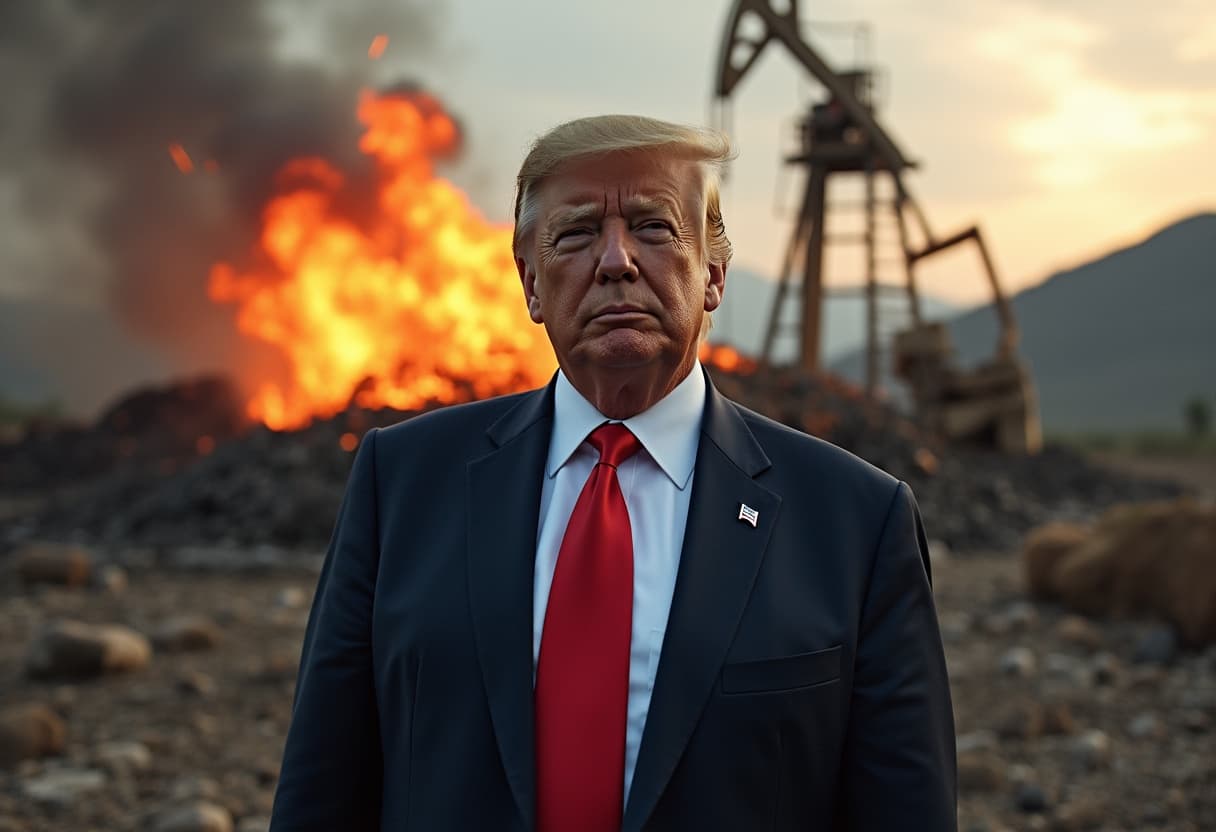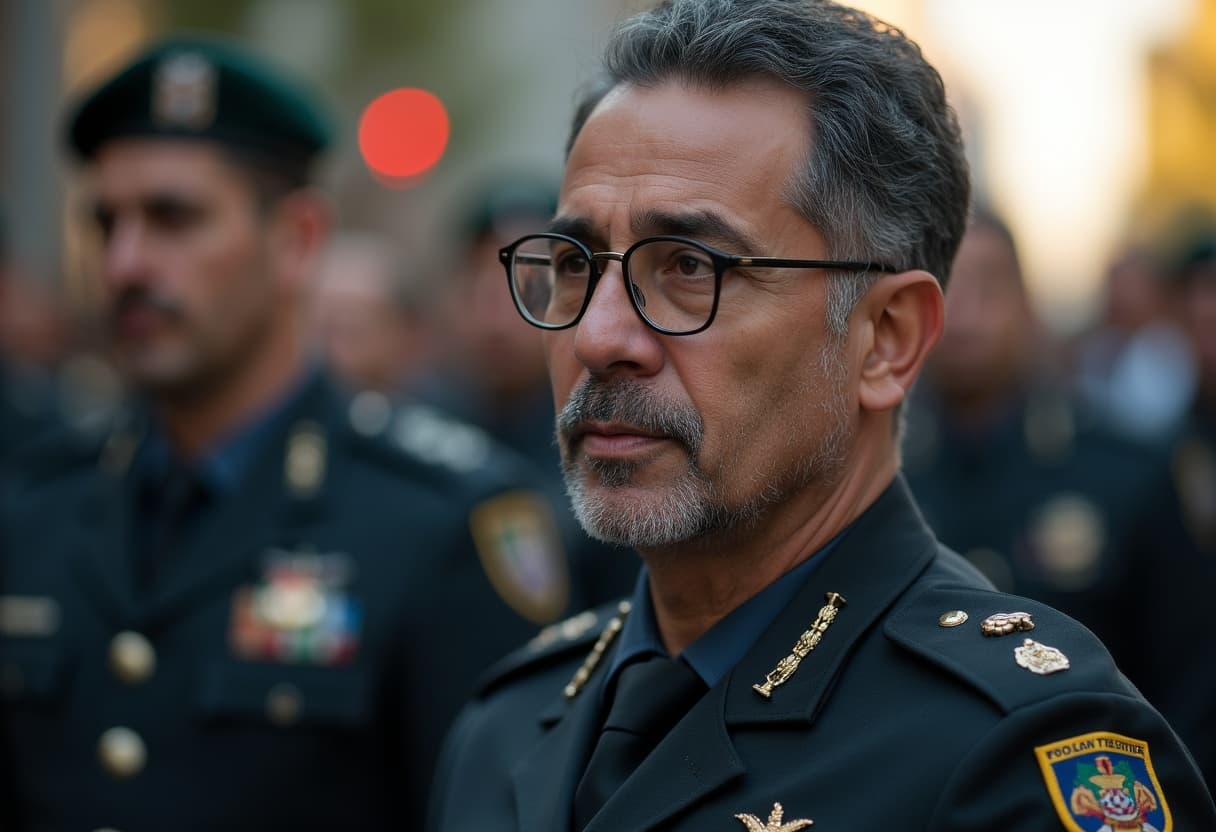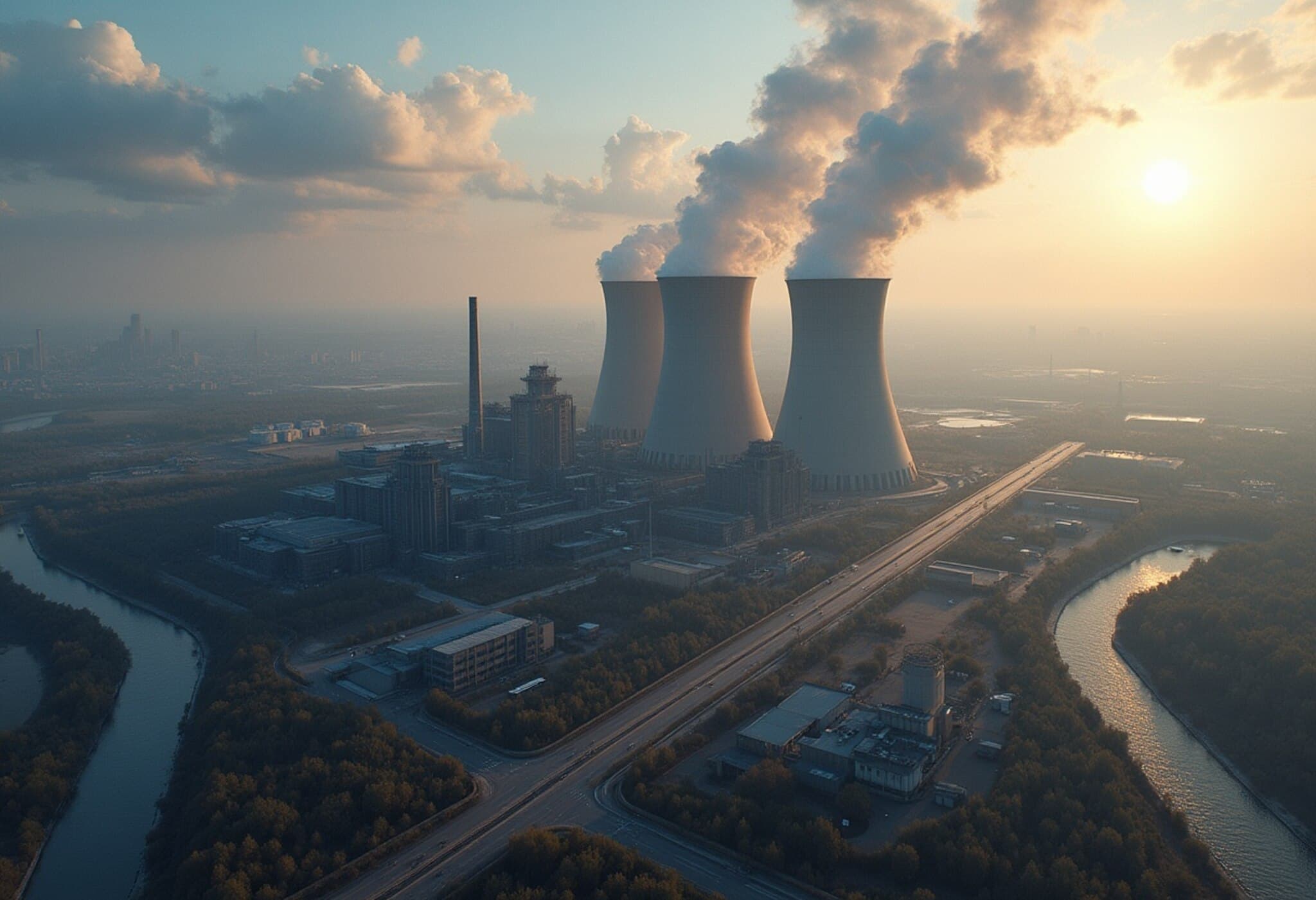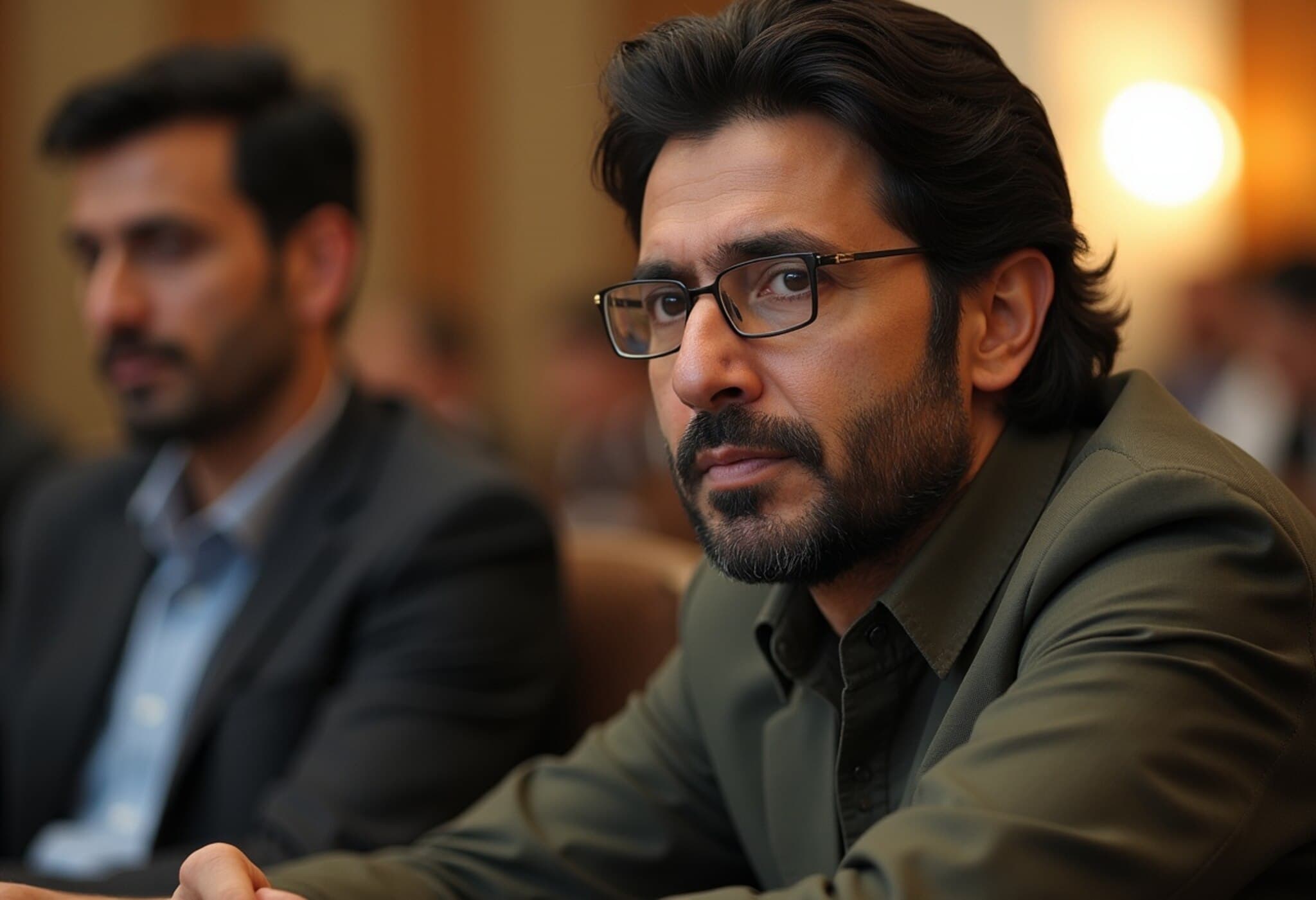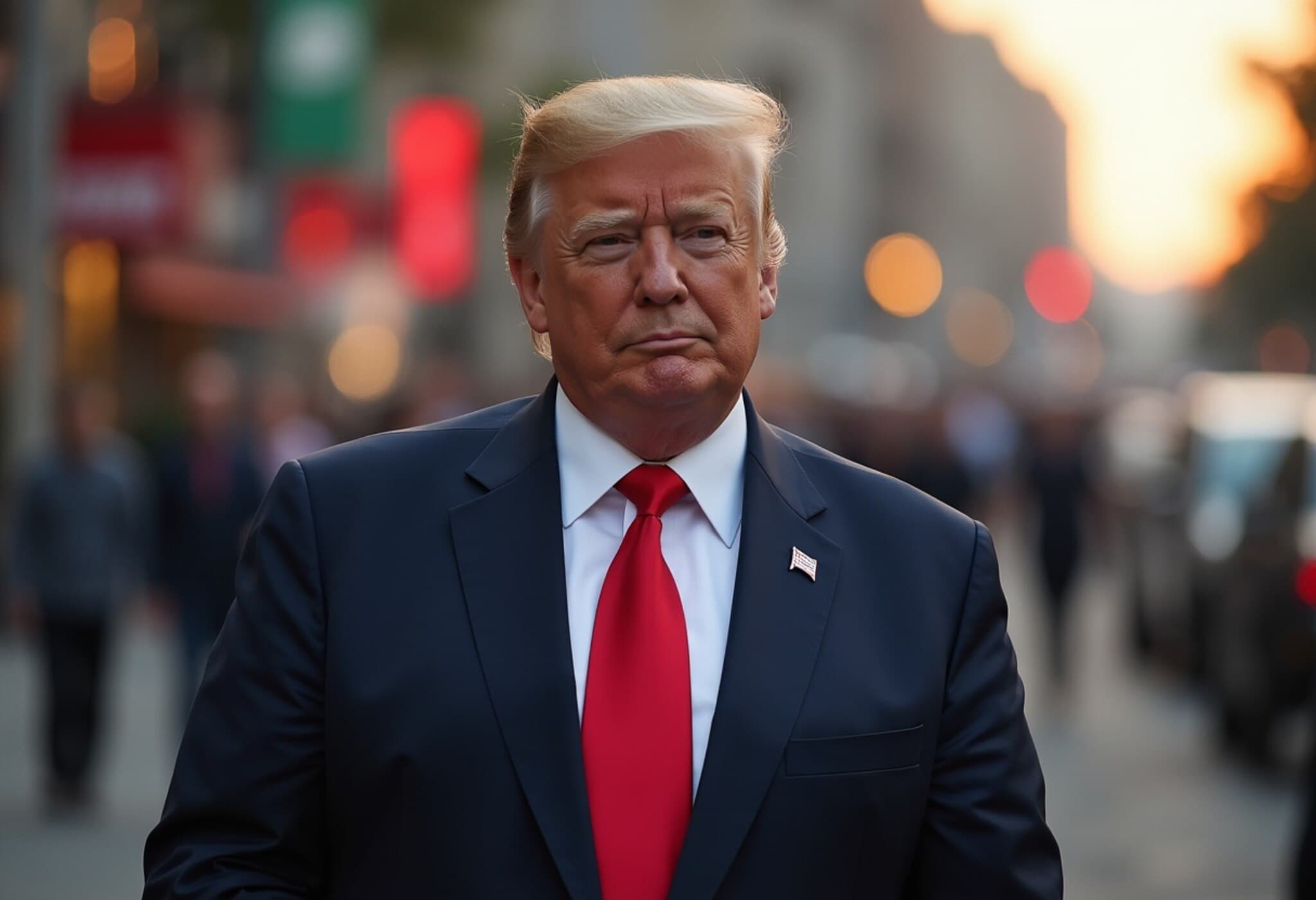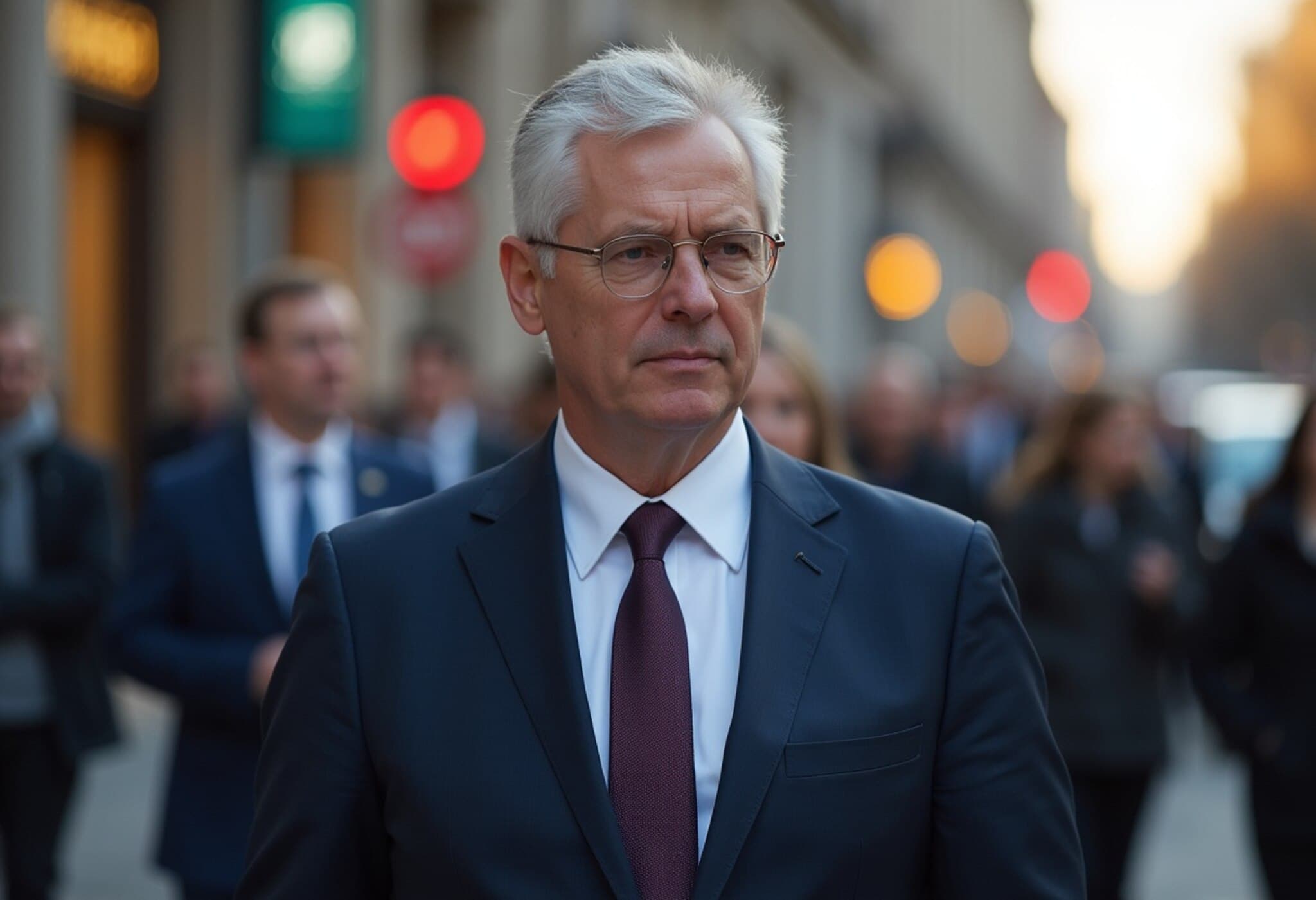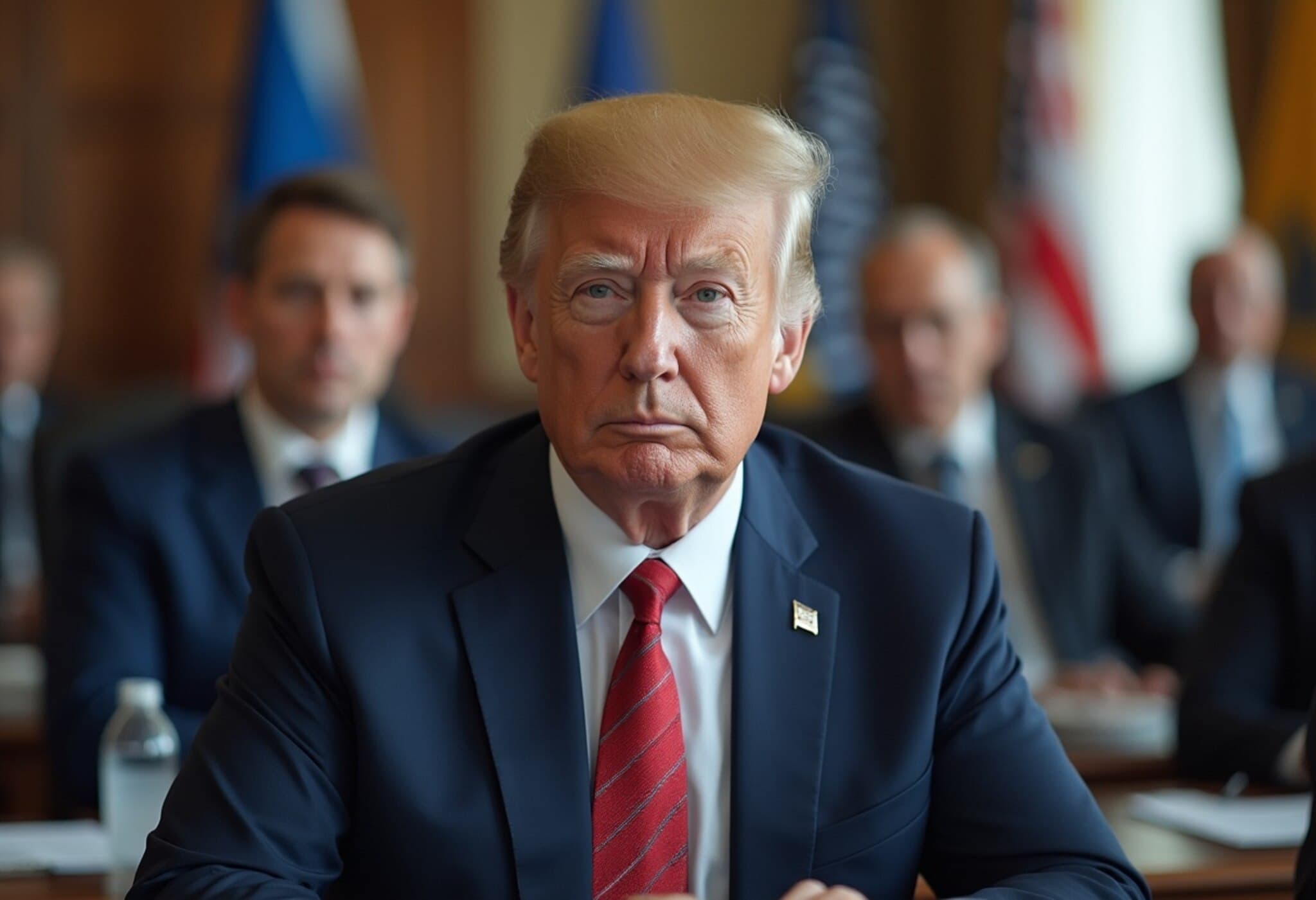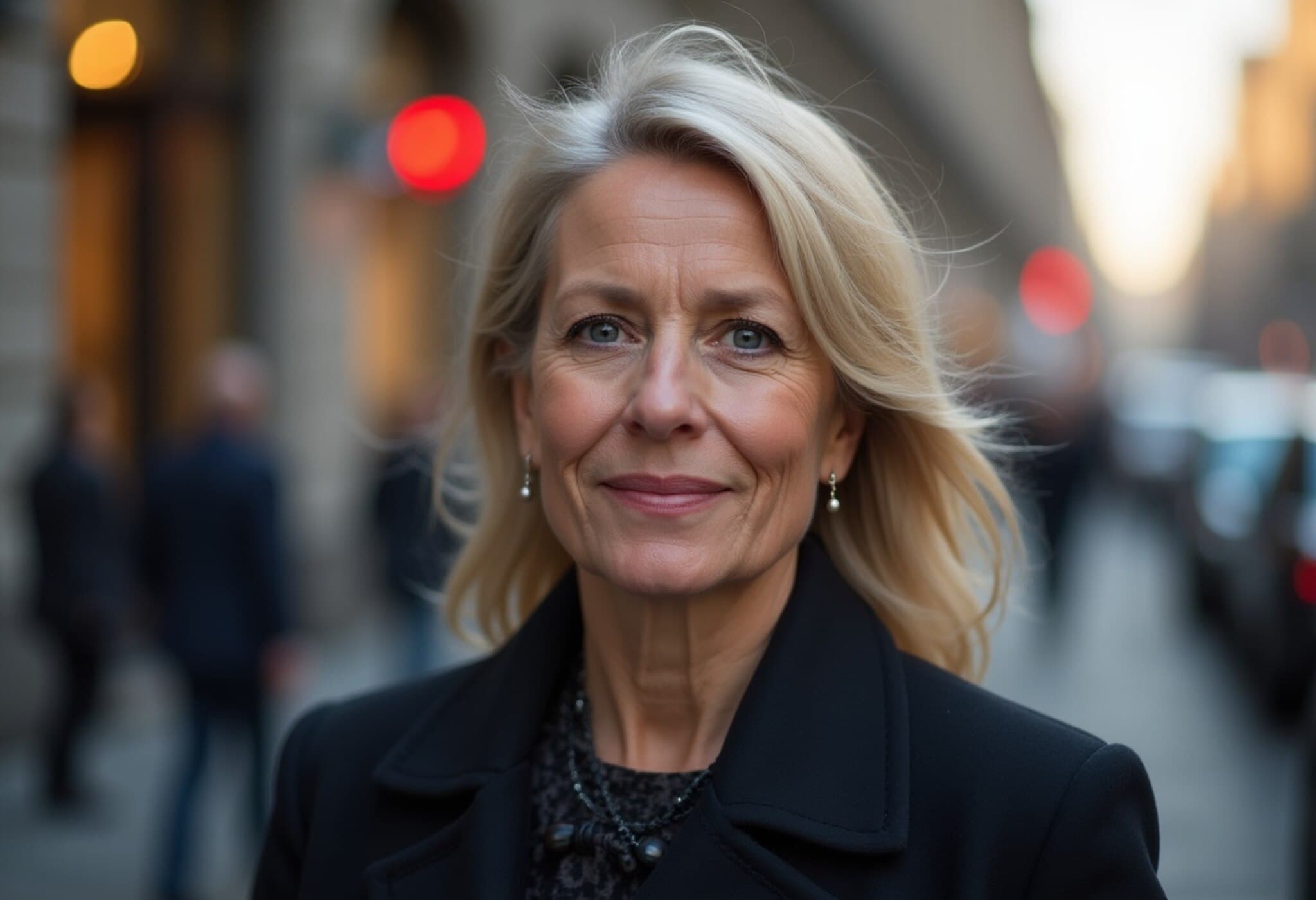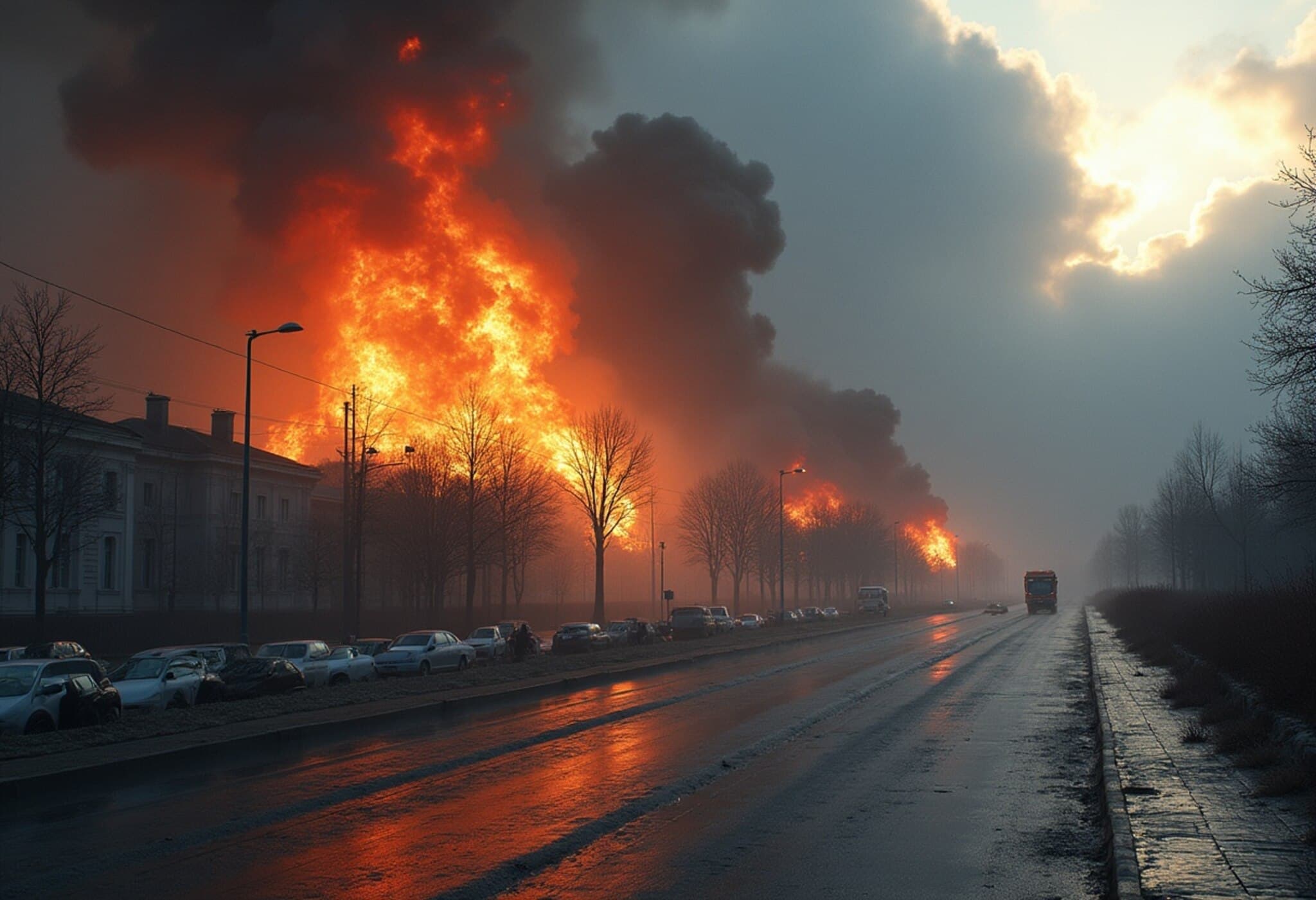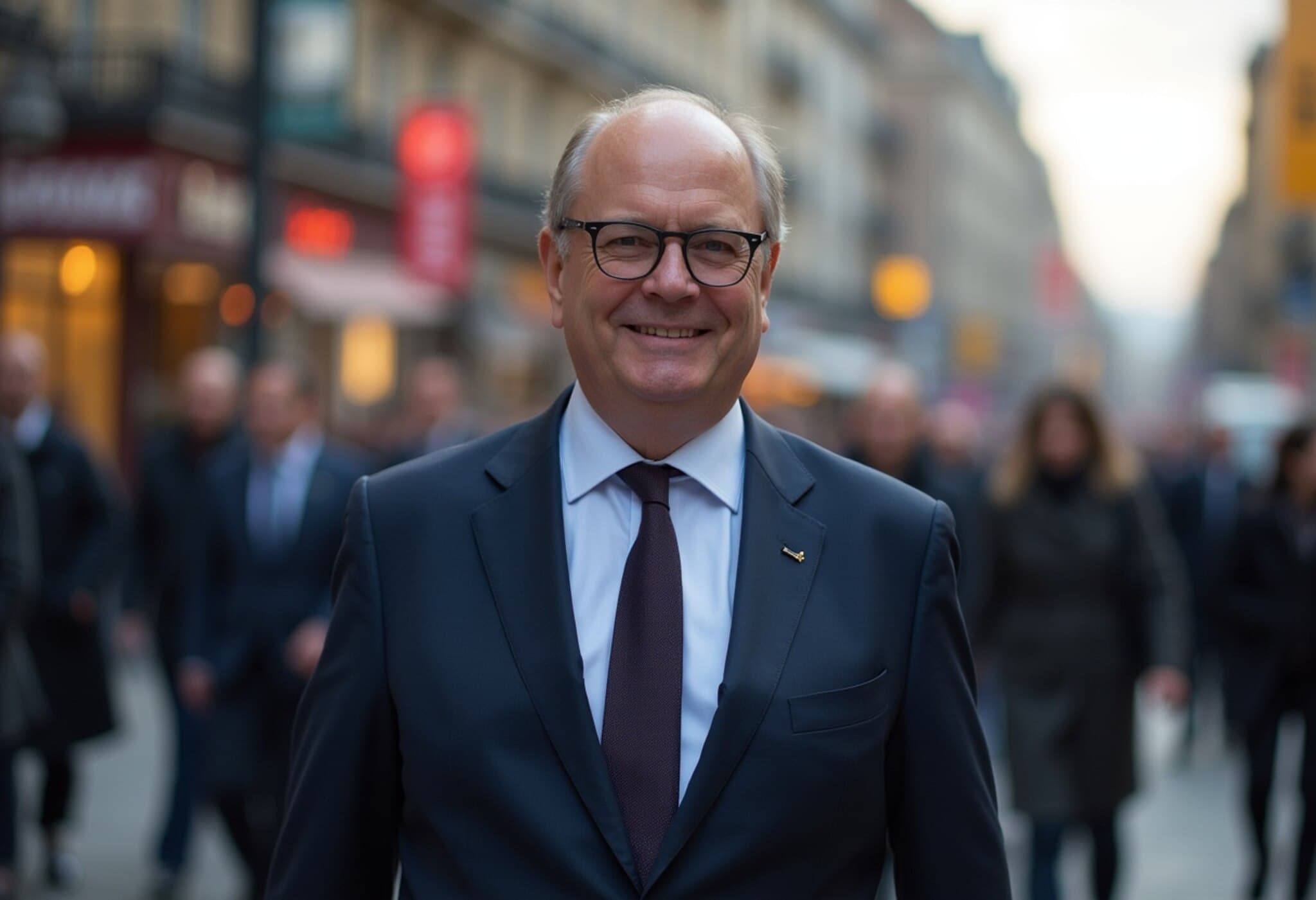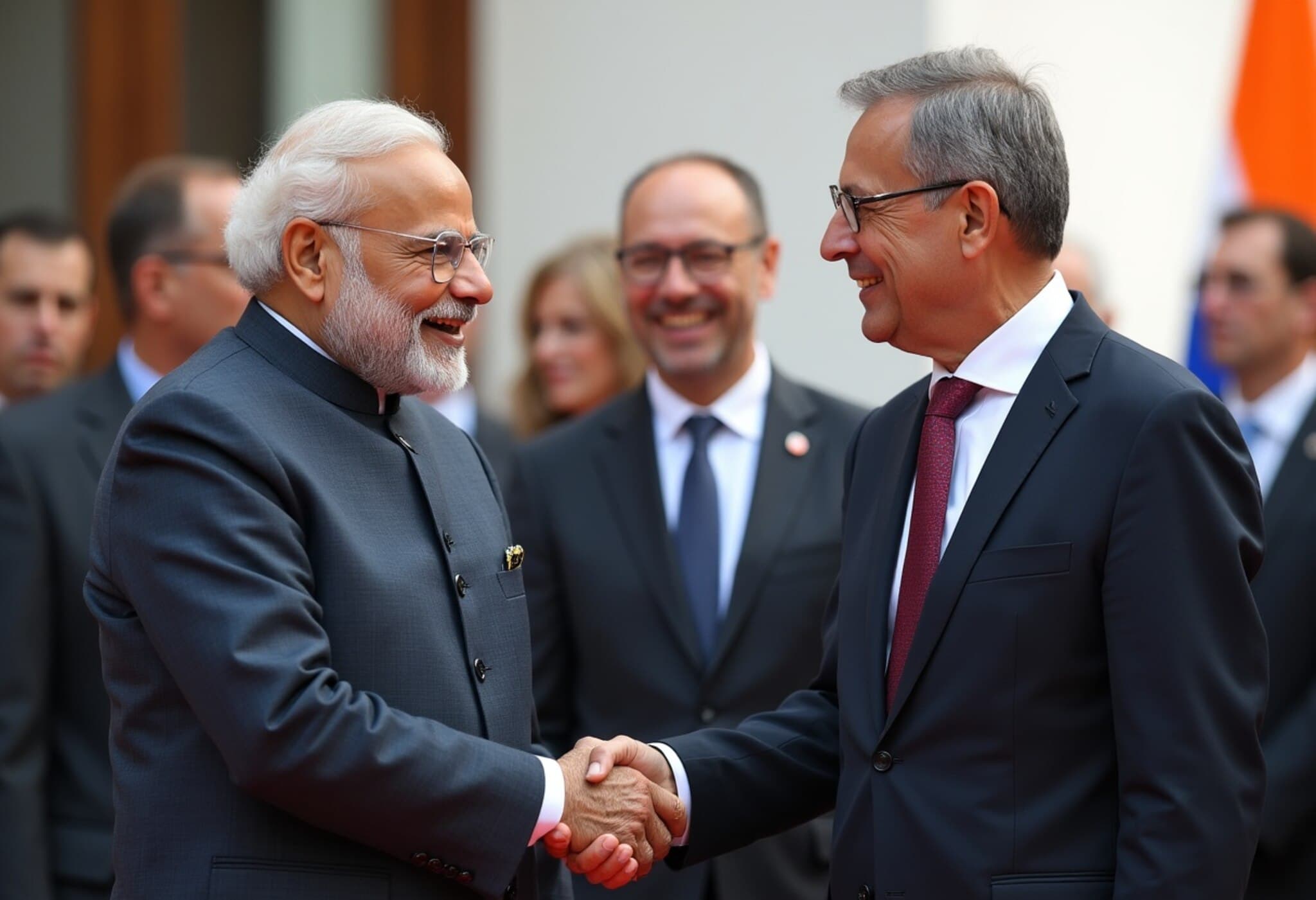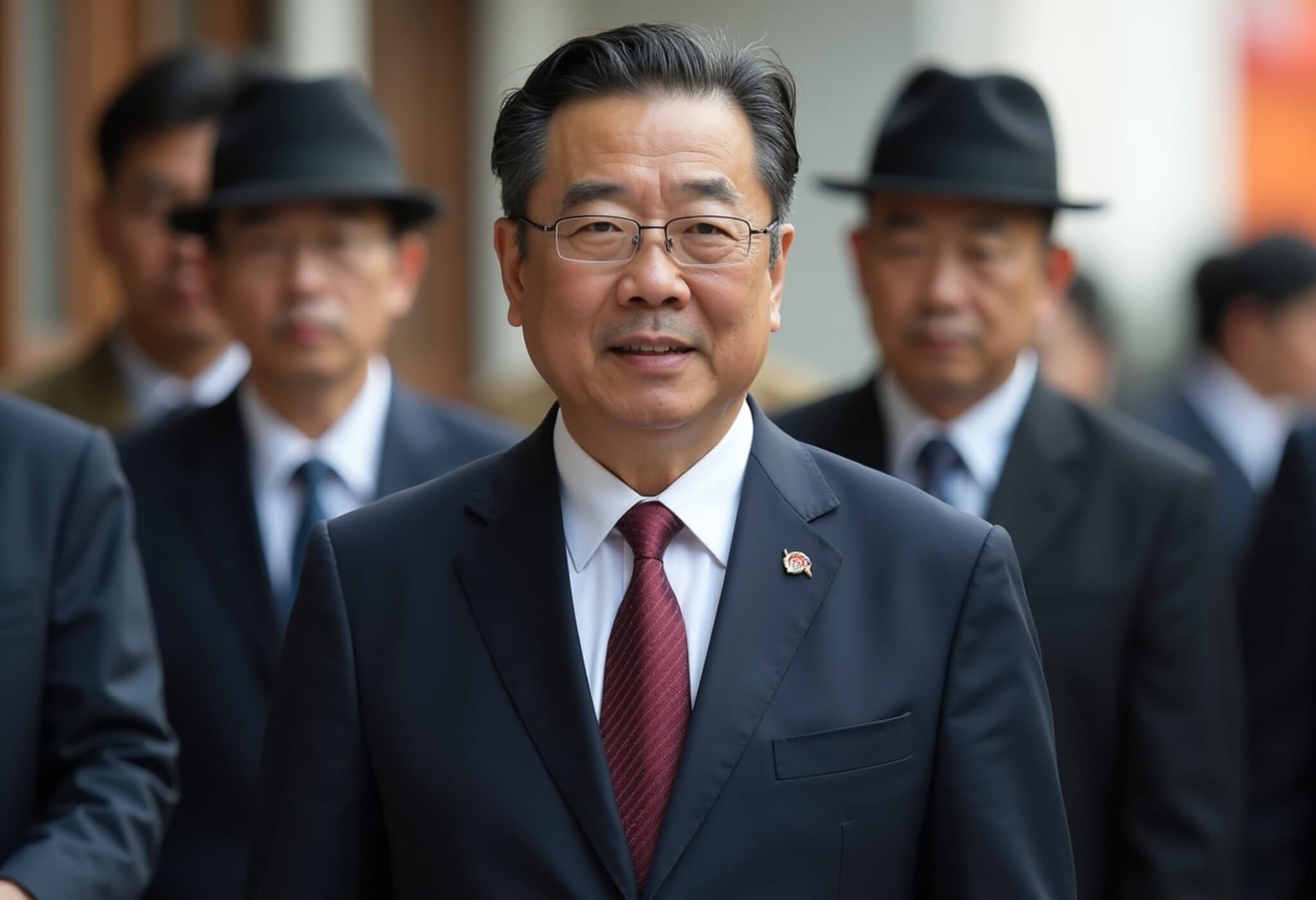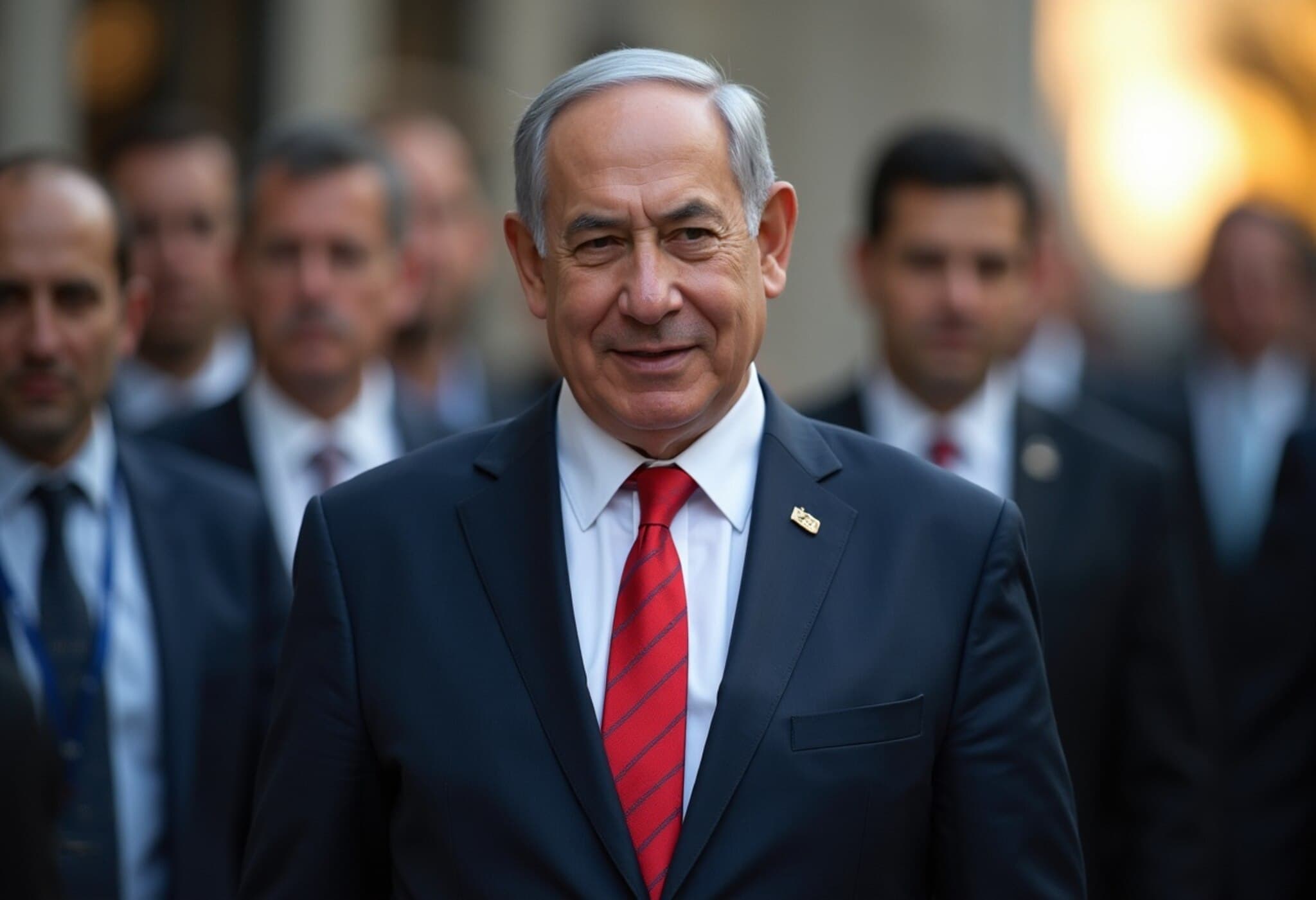Poland Enacts Stricter Border Controls With Germany
In a decisive move set for Monday, Poland announced it will strengthen border controls with Germany in response to escalating tensions over the flow of asylum seekers. This development spotlights a growing rift within Europe surrounding immigration policies and the longstanding principle of open internal borders that underpin the Schengen Area.
Backdrop of Rising Migration Tensions Across Europe
Across the continent, governments grapple with how to balance humanitarian responsibilities with political and economic pressures. The migration issue has fueled voter unrest and political polarization, with far-right vigilante groups emerging in some regions to obstruct asylum seekers' movements.
One notable recent incident comes from northern France, where authorities resorted to cutting an inflatable boat carrying over a dozen migrants to prevent their crossing toward the United Kingdom. France and the UK are currently negotiating joint approaches to curb unauthorized arrivals, reflecting widespread European unease about migration.
Germany and Poland at Odds Over Border Management
The German-Polish border has become a flashpoint in this unfolding drama. Since German Chancellor Friedrich Merz took office in February promising tougher immigration controls, Germany has increased police presence along the border to hinder asylum seekers traveling westward. The pressure intensified when Poland accused German officers of forcibly transferring an Afghan migrant back across the border at night, labeling the act “unacceptable and intolerable.”
Prime Minister Donald Tusk of Poland defended the decision to reintroduce temporary border checks, emphasizing their necessity to curtail uncontrolled migrant flows. The Polish government intends to apply similar measures along its border with Lithuania, further signaling a regional approach to migration control.
Domestic Political Undercurrents Illuminate the Crisis
The migration controversy intersects sharply with Poland’s internal politics. Newly inaugurated President Karol Nawrocki, a vocal admirer of former US President Donald Trump, has been a staunch advocate for stricter migration policies. His criticism of Tusk accusing him of allowing undocumented migrants to enter Poland from Germany elevates the debate from policy to national pride.
Schengen Zone’s Free Movement Under Strain
The long-standing Schengen Agreement, permitting passport-free travel across 29 European countries, faces renewed testing. While the current tensions do not impact visa-free travel for tourists directly, they destabilize the underlying trust that enables free movement — especially when member states disagree over how to handle asylum seekers.
Chancellor Merz has voiced Germany’s commitment to preserving Schengen but warned against its abuse by criminal smuggling networks exploiting migration vulnerabilities. He also noted a mutual interest with Poland in combating illegal border crossings, reflecting a desire for cooperative solutions despite political disagreements.
Conversely, Knut Abraham, Germany’s commissioner for Poland, criticized the escalation of border restrictions, calling the practice of pushing migrants back and forth “not a sustainable solution.” This raises critical questions about the future of European border cooperation amid rising protectionist sentiments.
Broader European Context: UK-France Migrant Negotiations
Meanwhile, cross-Channel migration continues to strain Franco-British relations. French President Emmanuel Macron’s upcoming state visit to London aims to fortify collaborative efforts with UK Prime Minister Sir Keir Starmer, including a controversial “one in, one out” agreement. This pact would allow Britain to deport asylum seekers back to France, a deal contested by southern EU states like Italy, Spain, Greece, Malta, and Cyprus for potentially violating EU asylum regulations.
Recent UK government data highlights the persistent flow of migrants attempting perilous Channel crossings, underscoring the continental breadth of migration challenges.
Expert Insight: The Migration Debate Tests European Unity
What this dispute reveals is the fragile balance Europe faces between maintaining the ideals of open borders and responding to rising migration pressures with practical security measures. As countries prioritize national interests, the solidarity and uniformity that the Schengen agreement once symbolized are under strain.
Experts caution that unilateral border controls risk fragmenting the cohesive framework crucial for Europe’s stability and economic integration. Instead, multi-lateral dialogue emphasizing shared responsibility and humane asylum policies could provide more sustainable, long-term solutions.
Looking Ahead
Poland’s move to tighten border controls exemplifies how migration is becoming both a domestic political tool and a catalyst for broader European disagreements. The question remains: can Europe reconcile its diverse political approaches into a unified migration strategy that preserves open borders while addressing security and humanitarian concerns?
Editor’s Note:
As this situation develops, readers should watch for how diplomatic negotiations evolve between Germany and Poland, and separately between France and the UK. The tensions expose fault lines in Europe’s collective immigration approach, highlighting the urgent need for policies that are both effective and compassionate. Future coverage will explore how these national disputes influence EU-wide reforms and the Schengen Area’s future integrity.


